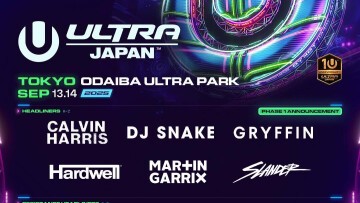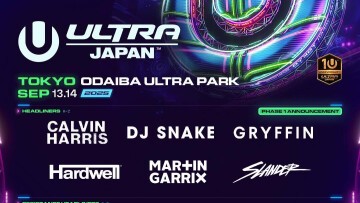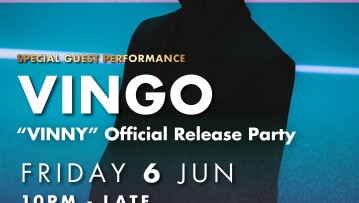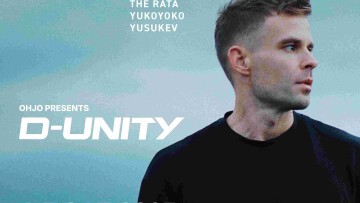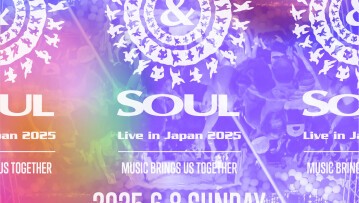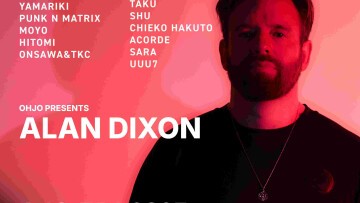
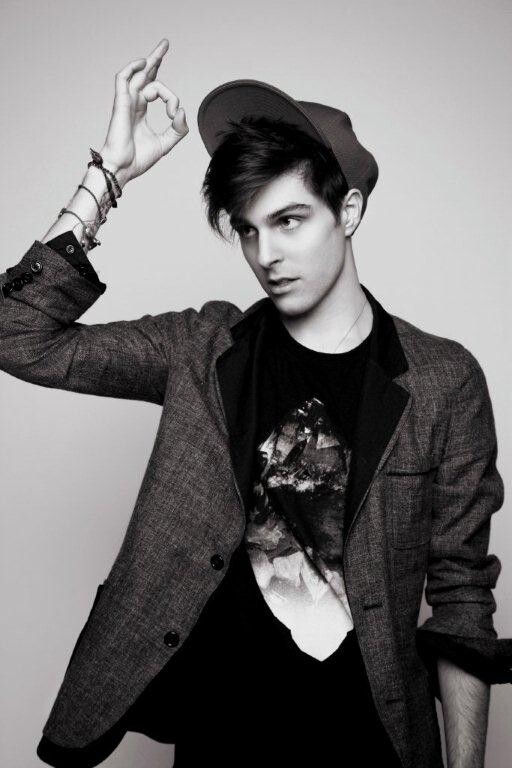
Left Boy on his electro mission statement Left Boy’s Coming. His debut album,
Permanent Midnight, certainly goes big, not just in terms of its musical power and
scope but its subject matter. For all its dancefloor impact, epitomised by first single
Get It Right, it’s a deeply personal and revealing album about juggling the competing
demands of career, hedonism and fatherhood.
Left Boy is Ferdinand Sarnitz, a 24-year-old Austrian based in Brooklyn. Over the
past couple of years, he has climbed from obscurity to festival slots and millions
of YouTube views with a potent blend of candour, charisma and chutzpah. Now
Permanent Midnight, named after Jerry Stahl's 1995 autobiographical book about
a heroin-addicted screenwriter, takes his songwriting in surprising new directions.
“Permanent Midnight is a beautiful and powerful term that resonates with this album.”
he says. “Its the neverending party, the seemingly inescapable darkness of doubts
and fears, and night is also simply the time during which this album was created.”
As he raps on the autobiographical Lullabye, “I was born in ‘88” — in Vienna, Austria,
to multimedia Artist André Heller and photographer Sabina Sarnitz. His first musical
obsession was beatboxing. He progressed to rapping and constructing loops on
his laptop, influenced by the likes of early Eminem and underground hip hop crew
Atmosphere. “My first ever songs were bad reenactments of what I listened to,” he
says bashfully. “But soon making music evolved into catharsis. I was an emotional
kid and writing songs was my way of dealing with my inner struggles.”
His first priority was to leave Vienna. “It's a very unique place — with statistically
the greatest quality of living in the world,” he says. “It’s easy to get stuck in Vienna
because its too comfortable. That scared me. I needed to be somewhere that
challenged me.”
Aged 18, he moved to Manhattan’s Noho district, studied audio engineering at the
Institute of Audio Research and worked hard on his beats, lyrics, and videos, without
the aid of any well-connected mentors. “No one adopted me,” he says. “Most of
everything that I wanted to do I taught myself, which is great because if I have an
idea I can realize it without depending on anyone else.”
Left Boy began to build a reputation by streaming tracks on his Facebook page
and, years later, released his first mix-tape, The Second Coming, on 17 December
2009, his 21st birthday. But it was Jack Sparrow, a light-hearted 2011 track built on a
melody from Pirates of a Caribbean, that made his name — the video has now been
watched almost 4.5 million times on YouTube — to his great surprise. “I was just
having fun because I knew I’d never get the rights from Disney, but that was the first
serious breakthrough.”
He followed up with the combative, dubstep-influenced Outro (“I swear to God I won’t
let anything stand in my way”) and genre-hopping, sample-based tracks such as
VIE and Video Games, featuring a verse by Mirakle, an upcoming MC who is part
of Left Boy’s creative circle. His booming online following led to live bookings, which
he approached with his usual ambition and attention to detail. Various shows have
featured 3D mapping, inflatable sculptures, and a troupe of dancing Left Boy clones.
“Everything has to live up to my standards: the music, the shows, the videos,” says
Left Boy, who cites perfectionists like Daft Punk and Kanye West as inspirations. “My
first concert paid €5000 but it cost me €7000 because it had to be right. I want every
single song to have its own feel on stage. I want each track to be an unforgettable
experience.”
All the while, he was saving his strongest songs for Permanent Midnight, which
began to take shape after a chance encounter with youthful producer Nexxus.
They met while Left Boy was in LA, right before a disastrous session with another
producer. “I was just observing my song being butchered for three hours,” Left Boy
remembers with a grim smile. “Then the computer crashed and everything was gone,
it was like a sign from God. Afterwards I called up Nexxus.”
Life took an unexpected turn when Left Boy’s girlfriend became pregnant. “It was
the first time in my life where I had absolutely no control of a situation and I couldn’t
deal with it,” he admits. “but when I saw my sons sonogram everything changed. His
existence became the greatest source of inspiration. The unconditional love for him
gave me the extra push I needed.”
The song Marie deals with his frustration during the pregnancy, while the touching
That's How Much is an ode to his son Yves-Louis, which samples Ambrosia’s 1978
soft-rock hit How Much I Feel. The two verses contrast the anxiety he felt two years
ago with the pride he feels now: “I recorded the verses two years apart so there’s two
different states of mind in one song.”
Left Boy’s honesty about the different strands of his personality gives Permanent
Midnight surprising emotional range. His own childhood comes under scrutiny in
Lullabye, which mutates from a tender Billy Joel sample into jittery hip hop and frantic
drum’n’bass. There are gentle acoustic love songs (Everything Flows), paranoid EDM
(Through), introspective R&B (Marie), cautionary tales of after-dark misbehaviour
(Time and Again) and ruminations on the cost of success in The Star: “I need to be
the star that they’re expecting to see/I hope it doesn’t ruin me.”
There’s also a straight-up party track in the shape of Get It Right, a dancefloor
rampage through LA based on a sample of Vitriol by Australian rock band Bluejuice.
“It’s a fun song,” says Left Boy. “I’ve been trying to sample Vitriol for four years and I
finally found a way. It turned into this punk-rock drum’n’bass pop insanity.”
Permanent Midnight combines lyrics which vividly express the drama and conflicted
emotions that have brought Left Boy to this point with unpredictable energy that
guarantees some thrilling shows when he tours Europe in the coming months. It’s a
debut album as restless and ambitious as the man who made it.
“I explore all facets of what I love,” he says with a smile. “There are songs that cross
through five different genres. Everything I like I try to incorporate into my music. And I
like a lot of things.”


